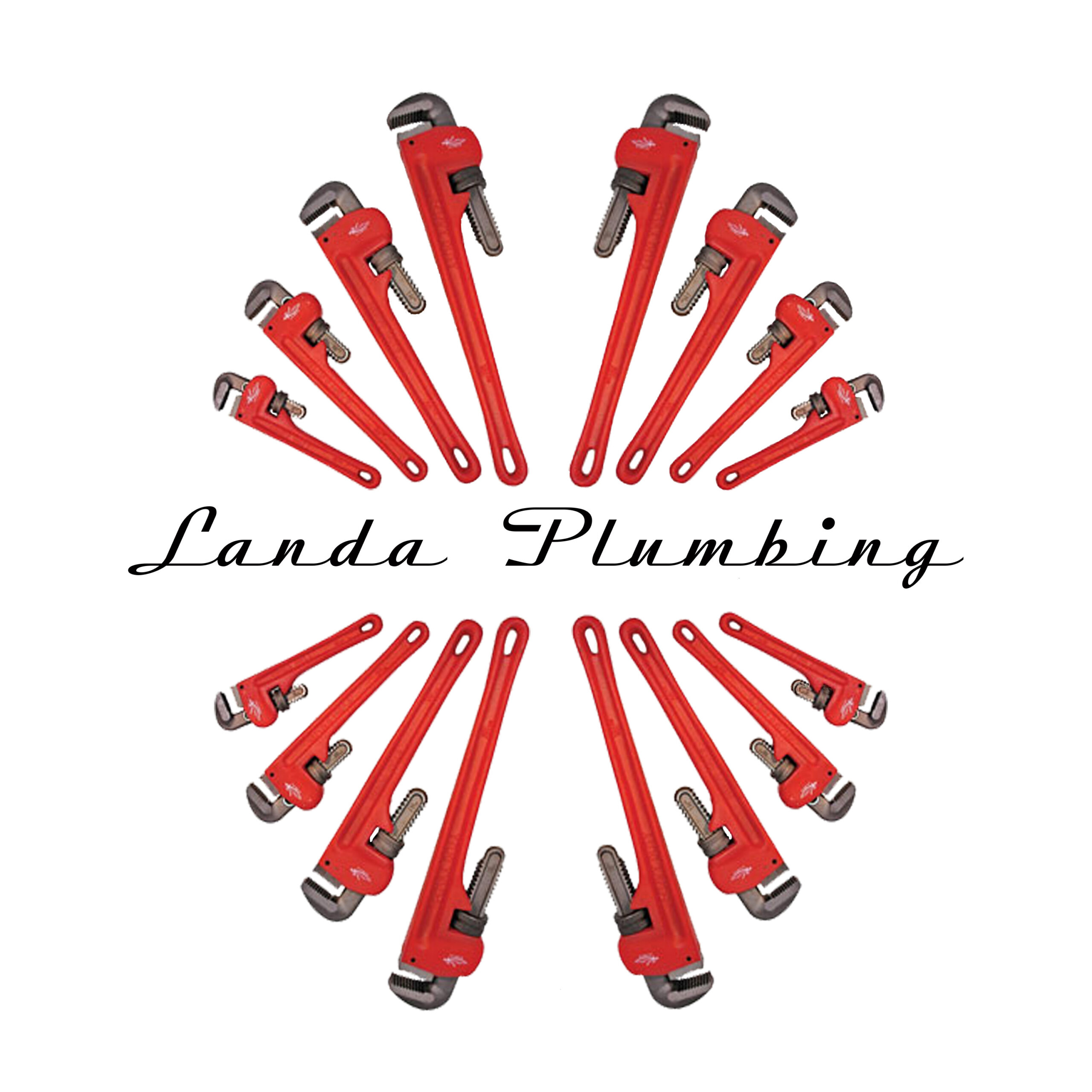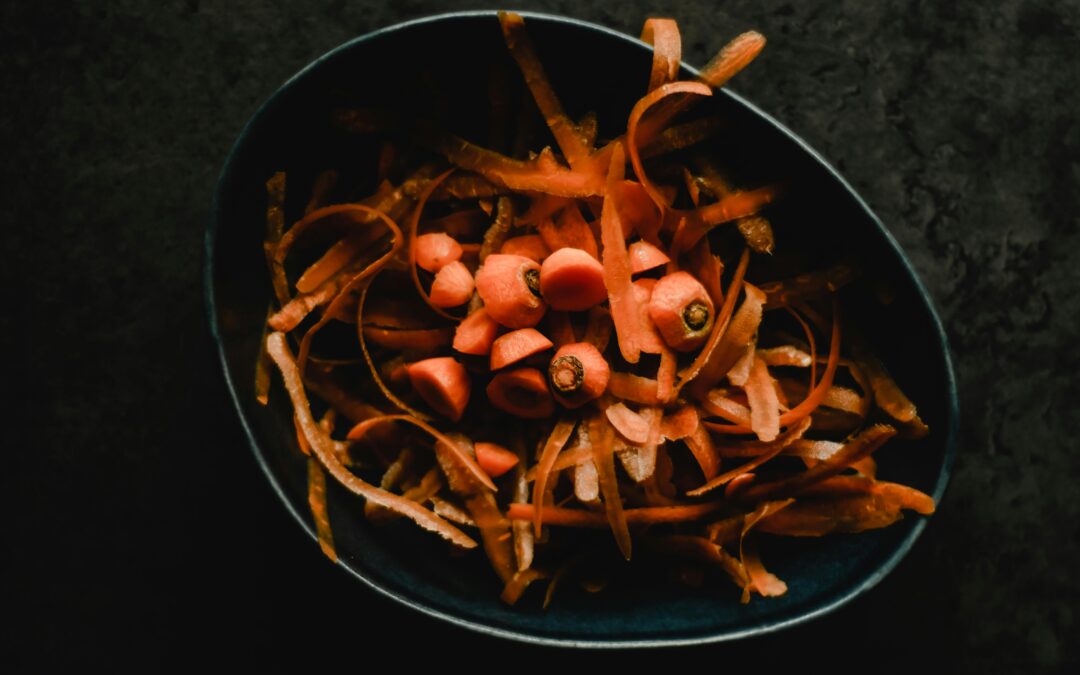Clogs – they’re the uninvited guests that show up at the worst possible moment. They disrupt our routines, create messes, and can even lead to costly repairs. Luckily, we can avoid these unpleasant surprises and keep our pipes flowing smoothly by being mindful of what we flush or pour down the drain.
The Culprits: What NOT to Put Down the Drain
Bathrooms: What Not to Flush Down the Toilet
Kitty Litter & Dog Waste
These items might seem flushable, but they’re major troublemakers for your pipes. Unlike toilet paper, which disintegrates quickly, kitty litter and dog waste clump together and don’t break down easily. This can lead to clogs in your plumbing and contribute to blockages in the larger sewer system. Additionally, some kitty litter contains clay that expands when wet, exacerbating blockages.
The Solution: Scoop pet waste into a sealed bag and toss it in the trash. Never flush it.
“Flushable” Wipes
Don’t be fooled by the label! Despite what they claim, “flushable” wipes often don’t break down as readily as toilet paper. They can easily snag on pipes and create clogs. These wipes also contribute to the formation of “fatbergs” – massive buildups of grease, wipes, and other non-biodegradable materials that clog sewer systems.
The Solution: Stick to toilet paper for flushing, and dispose of wipes in the trash.
Anything Besides Toilet Paper
It’s tempting to treat your toilet like a disposal chute, but resist the urge! Only toilet paper is specifically designed to break down in water and travel through your plumbing system efficiently. Flushing feminine hygiene products, cotton swabs, dental floss, and other bathroom items can lead to clogs and costly repairs.
The Solution: Always dispose of non-toilet-paper items in the trash. Keep a waste bin in the bathroom for easy disposal and avoid flushing anything other than toilet paper.
Deceased Pet Fish
Flushing a deceased pet fish down the toilet might seem like a simple way to say goodbye, but it can lead to plumbing problems and environmental concerns. The fish can cause blockages in the pipes and contribute to clogs in the sewer system. Additionally, flushing a fish introduces organic material and potential pathogens into the water system.
The Solution: Consider burying the fish in your yard or disposing of it in the trash. This is a more respectful and environmentally-friendly method.
Kitchens: What Not to Put Down the Drain
Food Scraps
It’s easy to send those leftover vegetable peelings and greasy drippings down the garbage disposal, but it’s not a good idea. These organic materials don’t break down easily – especially starchy or fibrous items like potato peels or corn husks – and they can catch on other debris in your pipes, forming clogs. Over time, these clogs can become substantial and require professional intervention.
What’s worse, food scraps can attract pests like gnats and even larger creatures into your plumbing system.
The Solution: Develop a habit of scraping food scraps into your compost bin (if you have one) or directly into the trash can. For greasy items, wipe them up with paper towels before discarding them in the trash. In fact, grease is so problematic that it deserves its own section:
Fats, Oils, and Grease (FOG)
Think of oil and grease as the ultimate clog offenders in the kitchen. Unlike water, oil floats and clings to the insides of your pipes. Over time, this greasy buildup hardens and narrows the passage, leading to slow drains and potential overflows. The consequences can be messy and expensive!
The Solution: Never pour cooking oil or grease down the drain. Instead, let it cool and solidify in a pan or container. Once solid, scrape it out and dispose of it in the trash. For larger amounts of oil, consider using a grease disposal cup that collects oil for easy disposal. You can also solidify large amounts of grease by adding absorbent material like kitty litter before throwing it away.
Coffee Grounds & Eggshells
It’s a common misconception that grinding coffee grounds or eggshells in your garbage disposal helps sharpen the blades. In reality, garbage disposals aren’t designed to handle these materials. What’s more, they’re not good for your pipes.
Coffee grounds, especially in large quantities, tend to clump together and form blockages in your pipes. Eggshells, despite being mostly calcium carbonate, are surprisingly strong and don’t dissolve readily. Over time, these can accumulate in your pipes and contribute to clogs, even if you have a garbage disposal.
The Solution: For a smooth-flowing drain, avoid sending these items down the drain, garbage disposal or not. Instead, add them to your compost bin (if you have one) or simply throw them away in the trash.
What Not to Put Downt the Drain Beyond the Bathroom & Kitchen
Hazardous Materials
Your toilet and sink aren’t dumping grounds for unwanted chemicals! Flushing harsh chemicals, leftover paint, or expired medication can have serious consequences. These substances can be harmful to aquatic life and even contaminate the water supply. Additionally, some chemicals can react with each other in your pipes, creating dangerous fumes or even explosions.
The Solution: Here’s how to be a responsible disposer.
- Chemicals: Never pour cleaning products, pesticides, or other chemicals down the drain. Look for local hazardous waste disposal facilities or collection events where you can safely dispose of these items.
- Paint: Leftover paint shouldn’t go down the drain either. Let leftover latex paint dry completely, then dispose of it in the trash. Oil-based paints require special handling – check with your local hazardous waste disposal center for proper disposal methods.
- Medication: Expired or unwanted medications shouldn’t be flushed. Many communities have medication take-back programs at pharmacies or other locations. Alternatively, some medications can be mixed with kitty litter or coffee grounds and disposed of in a sealed container in the trash. Always check the medication label for specific disposal instructions.
The Consequences: Why It Matters
Clogged Drains & Sewer Backups
Clogged pipes are more than just a minor annoyance. A slow drain can quickly turn into a major headache, leaving you standing in a puddle of frustration. But the consequences can be even worse. A full-blown clog can lead to a sewer backup, where wastewater backs up into your home through drains, toilets, or even floorboards. This is not only unsanitary but can also cause significant damage to your property, requiring expensive repairs to clean up the mess and fix the plumbing.
Environmental Impact: Beyond Your Pipes
What we flush or pour down the drain doesn’t just disappear. Everything eventually reaches our waterways, and improper disposal can have a devastating impact on the environment. Chemicals, medications, and even seemingly harmless things like food scraps can pollute rivers, streams, and oceans. This pollution can harm wildlife, disrupt ecosystems, and even contaminate the water we drink. By being mindful of what we put down the drain, we can help protect our precious water resources.
Big Bills: The Cost of Clogged Pipes
Ignoring clogged drains is a recipe for financial disaster. The longer a clog goes unaddressed, the worse it can become, and the more expensive it will be to fix. A simple drain cleaning might cost a few hundred dollars, but a major sewer backup can lead to thousands of dollars in repairs, not to mention the potential cost of replacing damaged flooring or furniture. Taking a few minutes to think before you flush can save you a lot of money and hassle in the long run.
The Solution: Think Before You Flush!
The good news is that most clogged drains are preventable. The key lies in developing smart habits and being mindful of what we flush or pour down the drain. By following the tips in this guide and making responsible choices, you can keep your pipes flowing smoothly and avoid plumbing problems.
Don’t Let Clogs Get You Down!
Prevention is key, but even the most mindful person can have an occasional plumbing mishap.
If you find yourself facing a clogged drain or suspect you may have flushed something you shouldn’t have, don’t wait until it becomes a disaster! Landa Plumbing is here to help. Our team of experienced plumbers is available 24/7 to tackle any clog, big or small. We’ll get your pipes flowing freely again in no time, so you can get back to your day without the worry.
Contact Landa Plumbing today and experience the peace of mind that comes with knowing your drains are in good hands!

